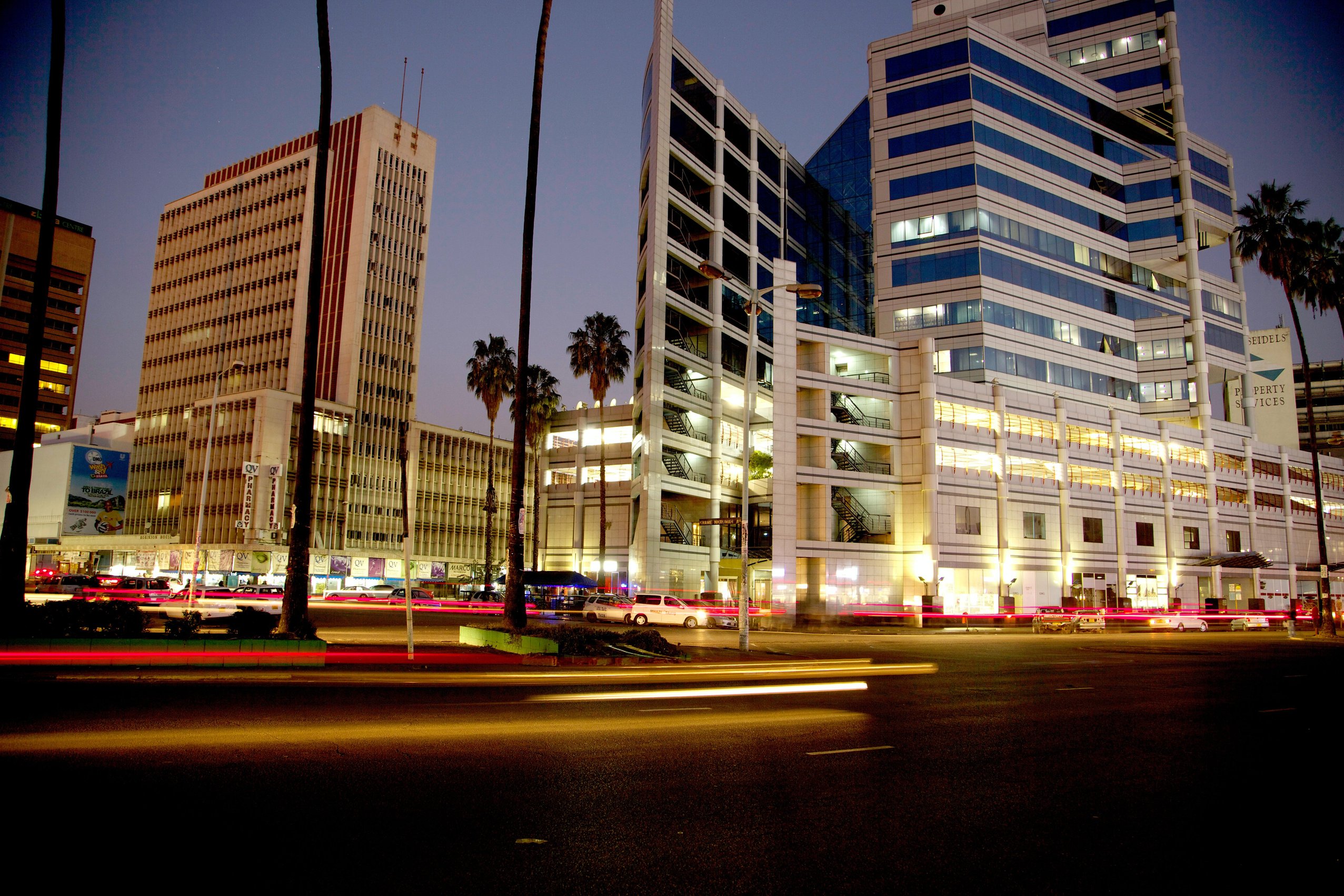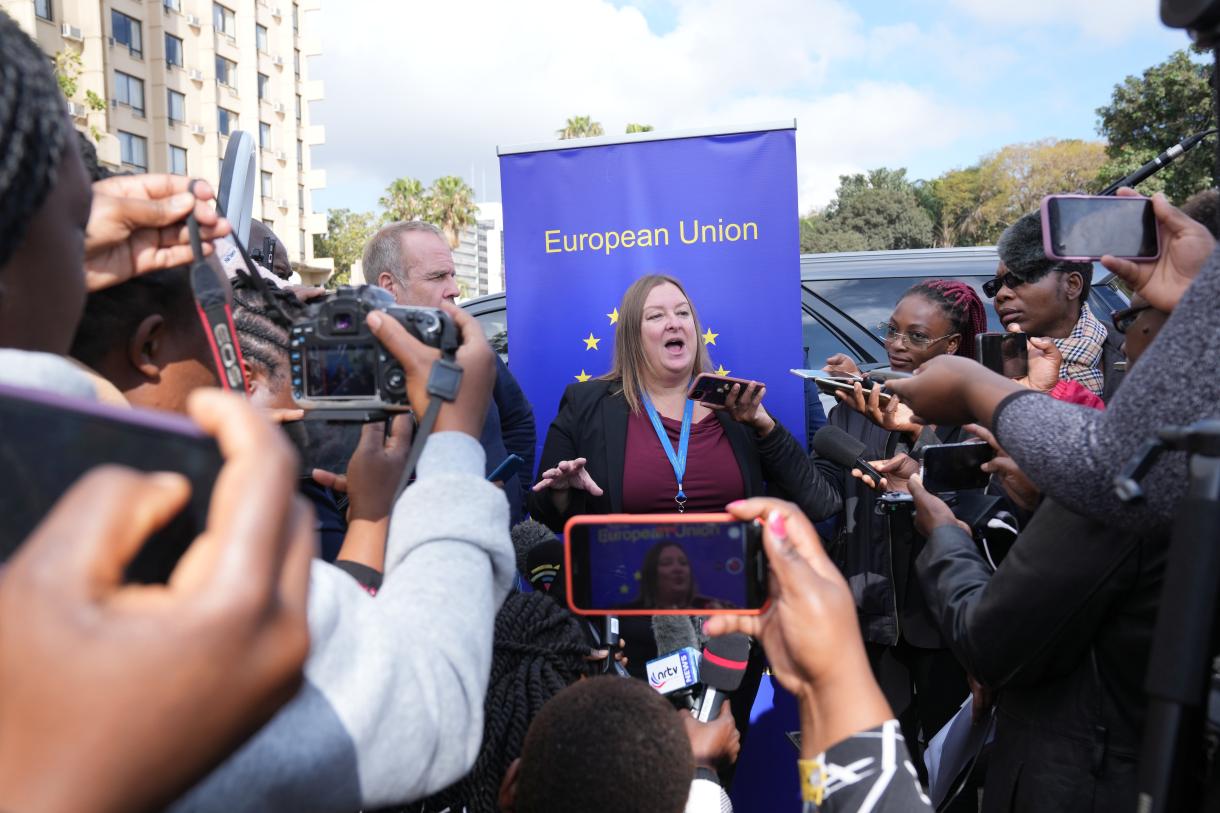Residents ramp up fight against drug abuse
The article discusses efforts in Bulawayo, Zimbabwe, to combat drug and substance abuse by encouraging residents to form task forces and neighborhood watch groups to identify and address drug-related issues in collaboration with law enforcement. It also highlights challenges faced by the government, such as budgetary constraints and inadequate infrastructure, in effectively addressing rising drug abuse cases. Residents in Bulawayo have been challenged to form taskforces to search houses they suspect to be drug havens in the presence of the police as their contribution to the fight against drug abuse. Bulawayo United Residents Association chairperson Winos Dube made the call [...]









